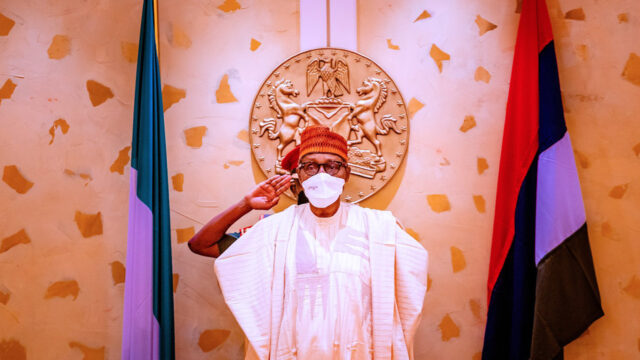 The Federal government has announced new regulations for Facebook, Twitter, Instagram, and other internet platforms operating in Nigeria.
The Federal government has announced new regulations for Facebook, Twitter, Instagram, and other internet platforms operating in Nigeria.
Nigeria’s National Information Technology Development Agency (NITDA) released the regulations five months after a six-month ban on Twitter.
A draft copy of the Code of Practice mandates internet platforms to act promptly in obeying “court order directing a Platform to provide any information under its domain or any assistance to any authorised government agency for the purpose of carrying out an investigation, combating cybercrime, or prosecuting an offence.”
NITDA said the objective of the ‘new code’ is to “set out best practices that will make the digital ecosystem safer for Nigerians and non-Nigerians in Nigeria.”
The government agency said the guidelines were “developed in collaboration with the Nigerian Communications Commission (NCC) and National Broadcasting Commission (NBC), as well as input from Interactive Computer Service Platforms such as Twitter, Facebook, WhatsApp, Instagram, Google, and Tik Tok amongst others.”
Before lifting the ban on Twitter, the Nigerian government said Twitter agreed to five conditions it is imposing on other social media platforms.
While the conditions are yet to be fully implemented, the government said social media platforms must comply with the “new code” for continued operation in Nigeria.
According to the code, Facebook, Twitter, Instagram, Google, and others must “provide information to authorities on harmful accounts, suspected botnets, troll groups, and other coordinated disinformation networks and deleting any information that violates Nigerian law within an agreed time.”
Social media platforms must also “provide a comprehensive compliance mechanism to avoid publication of prohibited contents and unethical behaviour on their platform”, according to the code.
NITDA spokesperson Hadiza Umar in a statement said the code was designed to protect the “fundamental human rights of Nigerians and non-Nigerians living in the country as well as define guidelines for interacting on the digital ecosystem.”
“Other relevant stakeholders with peculiar knowledge in this area were consulted such as Civil Society Organizations and expert groups. The results of this consultations were duly incorporated into the Draft Code of Practice,” Umar said.







